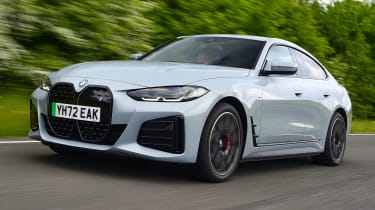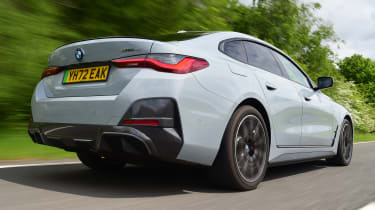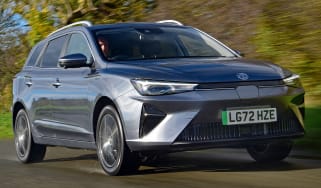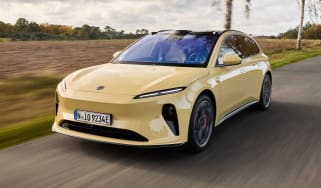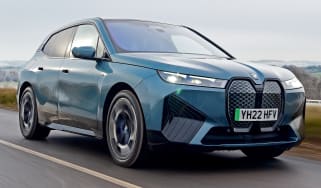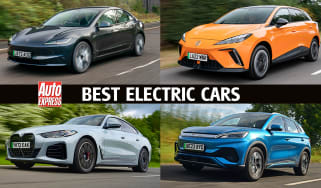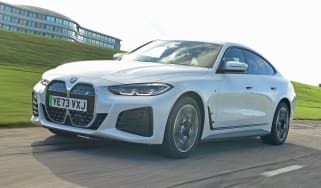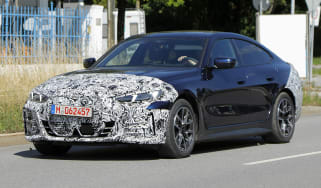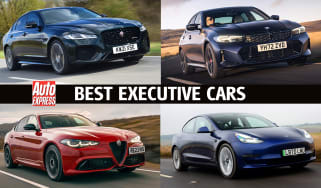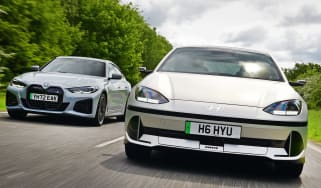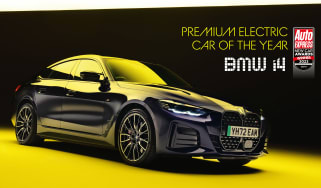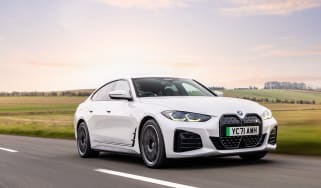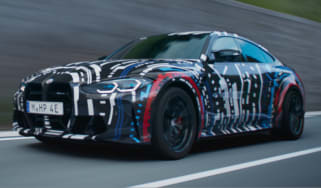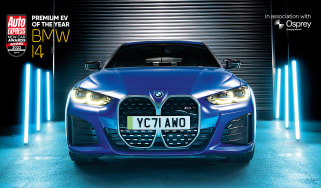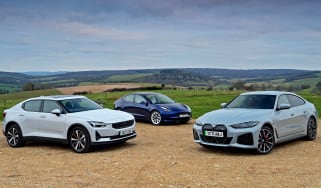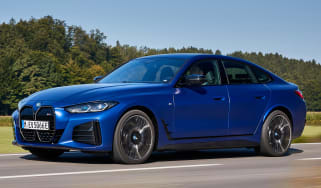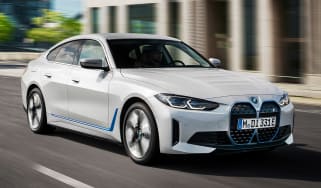BMW i4 review: the Tesla Model 3 wishes it handled this well
Sophisticated, well-built and typically great to drive, the all-electric BMW i4 is an easy car to recommend

BMW has done a fine job with its fully electric i4. The move to battery power has simply highlighted the German manufacturer’s renowned engineering skill, and buyers can rest assured that none of the company’s driver-focused DNA has been lost in translation.
But, it’s not just keen drivers who will be impressed with the i4, as the Gran Coupe oozes quality and is packed with the latest on-board technology, while a decent range and useful rapid charging ability just add to its appeal as a superb all-rounder. Yes, the i4 costs a touch more than its close rivals, but we think it’s worth every penny, which is why it’s won our Premium Electric Car of the Year award two years on the trot in 2022 and 2023.
About the BMW i4
BMW has a rich heritage for producing cars that are fantastic to drive. Whether it’s an executive saloon or a quirky supermini, a large SUV or a two-seater roadster, the Bavarian automaker rarely misses when it comes to delivering a car that just makes you want to get behind the wheel and hit the road. It’s a trait not only shared by its combustion-engined cars, but its EVs too.
BMW’s electric car line-up has expanded faster than many other brand’s, with its range of i-branded models now including the iX1 and iX3 family SUVs, the larger, more luxurious iX SUV and the i7 luxury limousine: our 2023 Luxury Car of the Year no less. The most recent addition is the BMW i5: the zero-emissions version of the eighth-generation 5 Series that will be available in saloon and Touring estate form.
More reviews
Of course, BMW is known to many for its more compact executive saloon: the hugely popular 3 Series. We’re a few years away from seeing an electric 3 Series, but the i4 is a more than capable substitute in the meantime. It’ll be instantly familiar to many BMW owners because it’s essentially a battery-powered 4 Series Gran Coupe, so you get five doors including a handy hatchback tailgate.
Saloons might not be as popular as SUVs these days, but the i4 is not without its foes. The recently facelifted Tesla Model 3 is the standard bearer for compact electric saloons, while the Polestar 2 adds a whiff of coupe-SUV and a good dose of Swedish style, with both now capable of covering over 400 miles on a single charge in the right configuration. The dramatic, swooping Hyundai Ioniq 6 is another appealing option, with its spacious interior and long kit list helping to sweeten the deal, while the forthcoming Volkswagen ID.7 has the potential to steal some sales away from the i4 and its other rivals, too.
There are now three versions of the i4 available to order. The latest, and least expensive option is the eDrive35 which uses a 70.2kWh battery and 282bhp electric motor to drive the rear wheels. The eDrive40 gets a larger 80.7kWh battery and 335bhp motor, bumping the maximum range up to 299 to 365 miles in Sport trim. Both models are also offered in the more desirable M Sport trim which adds different rims, adaptive suspension and some styling tweaks for a sportier look, but also reduces the car’s range slightly.

Meanwhile, the 536bhp i4 M50 was BMW’s first electric car to receive input from the manufacturer’s M Division motorsport arm. Air suspension is standard on all models, with the M50’s all-wheel drive setup and its adaptive M dampers providing keener drivers with greater stability on the limit.
Starting from around £50,000, the base i4 eDrive35 is several thousand pounds more expensive to buy than the equivalent Tesla Model 3 or Polestar 2, while the eDrive40 starts at close to £58,000 and you’ll need to fork over over £71,000 to sample the performance of the M50 model. But the BMW has the advantage over its closest rivals when it comes to handling, driving experience and build quality.
For an alternative review of the BMW i4, visit our sister site drivingelectric.com...

